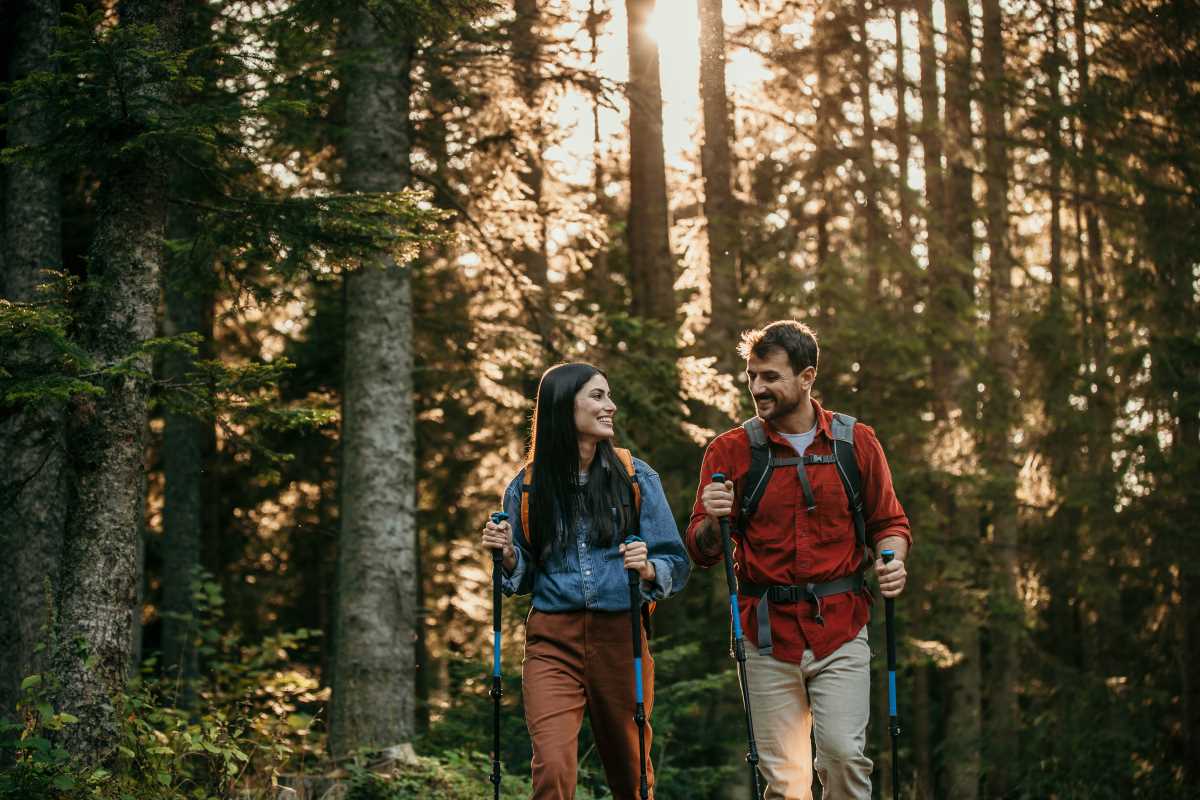Imagine stepping into a lush forest, the scent of pine filling the air as the sounds of rustling leaves and distant birdcalls create a soothing symphony around you. This serene experience is known as forest bathing, a simple yet powerful practice that invites you to slow down and immerse yourself in nature. It's not about hiking or exercising; it's about being present and connecting with the natural world to enhance your well-being.
The Origins of Forest Bathing
Forest bathing, or Shinrin-yoku in Japan, originated in the early 1980s as a response to the stresses of modern life. The Japanese government introduced it as part of a public health program to combat rapid industrialization and the resulting mental and physical health issues. The concept quickly gained popularity, spreading to other parts of the world as people sought ways to reconnect with nature and find balance in their lives.
Unlike traditional recreational activities in the forest, Shinrin-yoku emphasizes mindful presence. It's about taking the time to absorb the atmosphere of the forest through all your senses, allowing the natural environment to rejuvenate your mind and body. This practice is rooted in the understanding that nature provides a unique space for healing and personal growth.
Scientific Benefits
- Reduces stress levels by lowering cortisol production
- Boosts immune system function through increased natural killer cells
- Improves mood and decreases symptoms of anxiety and depression
- Enhances concentration and cognitive function
- Promotes better sleep patterns and overall relaxation
- Encourages physical activity in a low-impact environment
How to Practice Forest Bathing
- Choose the Right Location: Find a quiet forest or wooded area where you can walk undisturbed for at least an hour.
- Leave Your Devices Behind: Disconnect from technology to fully engage with your surroundings.
- Walk Slowly and Mindfully: Pay attention to the sights, sounds, and smells around you without aiming for a specific destination.
- Engage Your Senses: Touch the bark of trees, listen to the birds, and breathe deeply to absorb the natural energy.
- Find a Comfortable Spot to Relax: Sit or lie down and allow yourself to be, letting go of any tension or worries simply.
- Reflect on Your Experience: After your session, take a moment to journal or meditate on how the experience made you feel.
Challenges and Misconceptions
While forest bathing is accessible and offers numerous benefits, some people may encounter challenges when first trying it. One common misconception is that it requires a deep knowledge of nature or hiking expertise. In reality, forest bathing is about mindful presence and can be practiced by anyone, regardless of physical fitness or outdoor experience.
Another challenge is finding the time to disconnect and fully engage with the practice. Setting aside time for solitude in nature can be difficult in our fast-paced world. However, even short sessions can provide noticeable benefits. Some may feel self-conscious about spending time alone in the woods, but remember that forest bathing is a personal journey for inner peace and well-being.
Embracing forest bathing can transform your relationship with nature and yourself. By understanding its origins, appreciating the scientific benefits, and overcoming potential challenges, you can incorporate this practice into your life to enhance your wellness. Next time you feel overwhelmed or need a break, consider walking in the forest. The tranquility and renewal it offers might just be the perfect remedy for today's hectic lifestyle.
Books About Forest Bathing
- Forest Bathing by Dr. Qing Li: A comprehensive guide by the leading researcher in forest medicine, exploring the health benefits of shinrin-yoku (forest bathing).
- Your Guide to Forest Bathing by Amos Clifford: A practical and insightful book by a certified forest bathing guide, perfect for beginners.
- Forest Therapy by Sarah Ivens: A whimsical and enchanting take on finding meaning and contentment through nature.
- Life Unplugged by Meleah Bowles and Elise Williams Rikard: A guide to disconnecting from technology and reconnecting with nature for a more balanced life.
- The Nature Fix by Florence Williams: A scientific exploration of how nature impacts our mental and physical well-being.
- Vitamin N by Richard Louv: A practical handbook for incorporating nature into daily life for better health and happiness.
- The Forest Unseen by David George Haskell: A unique perspective on observing the same small patch of forest over time to uncover its hidden wonders.
 (Image via
(Image via





